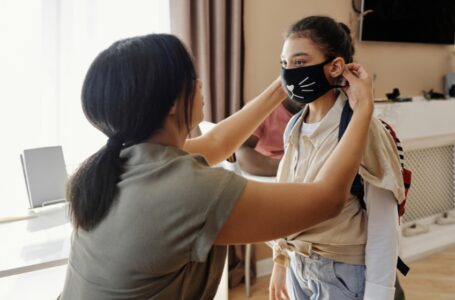The COVID-19 Crisis – Youngsters Suffer Strokes
Coronavirus has birthed catastrophe and health complications across the globe. Recently, it has been noted that the virus is causing strokes among young people in their thirties and forties. Earlier it was said to affect only the lungs, but slowly its effect can be seen on the kidney, brain, and liver. According to doctors in the United States, a group of COVID-19 positive patients developed blood clots that could not be controlled with anti-clotting therapy.
Let’s have a look at the new health implications of the COVID-19 virus.
How the virus is affecting the young
Dr Thomas Oxley, a neurosurgeon at Mount Sinai Health System, New York, noted that patients who had shown mild COVID-19 positive symptoms or did not show any symptoms were prone to strokes. This trend was noticed throughout Europe and China too.
Professor Christopher Levi has gone on record saying that no such report was seen in Australia and that clotting is the body’s natural reaction in the face of infections. He added that people who had strokes were then being tested COVID-19 positive.

Treatment of a clot is a complex process as the body’s reaction to the virus might be active and overwhelm drug therapy such as the use of blood thinners. Professor Levi also pointed out that the body producing more clots may also be at the risk of bleeding induces by the blood thinners. Cases of clotting due to COVID-19 and strokes are rare in Australia commented clinical chair of the Stroke Foundation, Dr Bruce Campbell.
This may be because the general number of positive cases filed in Australia is low.
The real problem
For Australia, the primary concern is how people wish health risks are neglecting their health and avoiding regular checkups. Patients with some complication fear to visit the hospital in case they catch the Coronavirus, and this is making their condition worsen.
Dr Timothy Ang, a neurologist at the Royal Prince Alfred Hospital, said that he saw a stroke patient who delayed the hospital visit by ten days. Some of these patients have partial paralysis, and some cannot speak at all, but their fear prevented them from going to the hospital.
Timing in the treatment of stroke is pivotal as clot-busting drugs should be given within twenty-four hours of the attack, said Dr Ang. Professor Michael Kidd, a health advisor, pointed out that Australia has managed to flatten the curve, and the hospitals are not packed with COVID-19 positive cases. There is no risk involved in getting regular checkups done during this period, he added.
When to visit the hospital?
In case you see any disturbance in speech, drooping of the face, and weakness of the arm, it might be related to a stroke. You cannot ignore these signs and must visit the hospital at once. A few Chinese researchers conducted a study and reported it in the American Medical Association journal. According to them, the chances of a COVID-19 positive person getting a stroke has become quite common. Among the two hundred patients who were tested positive with mild symptoms, 36.4 per cent have shown neurological complications.
Around 45.5 per cent had a severe infection, and the neurological problems were more common in the. ICU patients in Wuhan and New York have lost their kidney function and needed dialysis.
This is the worst time to neglect one’s health as the implications of Coronavirus infections are changing rapidly. Regular checkups are vital to prevent significant health issues. Make sure you stay updated with symptoms and take timely action. It could save your life.







